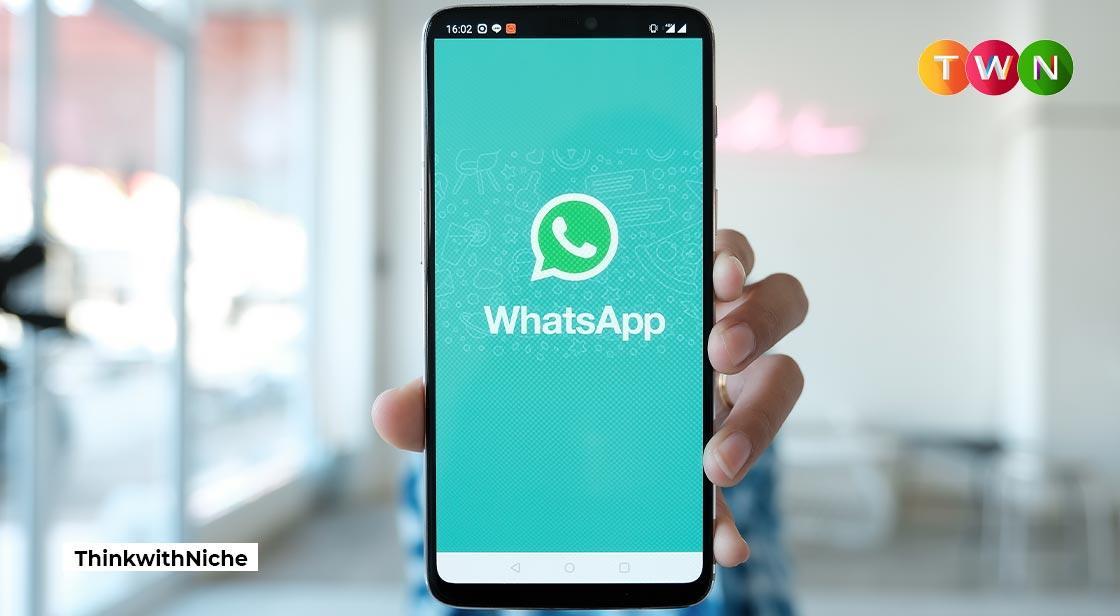WhatsApp Moves from Per-Conversation to Per-Message Billing for Businesses

News Synopsis
Starting July 1, 2025, WhatsApp has rolled out a major change in how it charges businesses for using its messaging platform. The Meta-owned app has transitioned from a per-conversation pricing model to a per-message billing structure, marking a significant shift in its monetisation strategy for business communication.
From Per-Conversation to Per-Message: What’s New?
Previously, WhatsApp charged businesses a flat fee of ₹0.78 per 24-hour conversation window, regardless of how many marketing or transactional messages were exchanged during that period.
Under the new billing model, WhatsApp now charges businesses ₹0.78 for every individual marketing message sent. This effectively ends the bundled pricing system and makes every message count toward a business's budget, especially for marketing and promotional communication.
Utility and Authentication Messages: New Rates Apply
While marketing messages will now be costlier, utility and authentication messages—such as one-time passwords (OTPs), account alerts, or transaction confirmations—will now be charged at ₹0.11 per message, instead of being bundled into the earlier 24-hour window model.
These messages are generally considered essential and non-promotional, and the new pricing aims to reflect their functional value while offering a lower rate.
Volume-Based Discounts to Reward Business Growth
To ease the cost impact on high-volume senders, WhatsApp has also introduced volume-based tiered pricing for businesses. This new pricing framework incentivises scale and continued usage:
-
Businesses sending up to 25 million messages per month will pay ₹0.115 per message
-
Businesses sending more than 300 million messages monthly will be charged a reduced rate of ₹0.080 per message
This structure is designed to support growing brands and high-frequency enterprise clients by offering lower rates as usage increases.
Meta Says New Pricing Brings Predictability and Simplicity
Nikila Srinivasan, Vice President of Business Messaging at Meta, defended the shift in pricing, stating that the update is meant to simplify cost structures and align better with how businesses plan their marketing budgets.
“It’s how most businesses think of how they allocate their budgets… per-message pricing just makes it a lot simpler for them because it brings more predictability,” she said.
Srinivasan also noted that while the shift may appear more expensive initially, the value-added from targeted and performance-based messaging makes the pricing more utilitarian.
WhatsApp Expands Monetisation with Ads and Subscriptions
This change in pricing comes amid a broader monetisation push by WhatsApp, as Meta aims to turn its messaging platform into a standalone revenue-generating tool. In June 2025, WhatsApp launched in-app ads and subscription features under the ‘Updates’ tab, specifically within Status and Channels.
Ads Inside WhatsApp: A New Era for Business Promotion
For the first time, businesses can now run advertisements directly within WhatsApp itself—expanding their reach beyond the existing tools. Until recently, brands could only engage customers by:
-
Sending paid messages (mainly for updates, promotions, or order confirmations)
-
Running click-to-WhatsApp ads on Facebook and Instagram that directed users to open a chat on WhatsApp
The ability to place ads inside Status updates and Channels marks a significant evolution in WhatsApp’s role in the digital marketing ecosystem, transforming it into a standalone advertising platform.
Impact on Businesses: Higher Costs but Greater Control
While the new per-message pricing could increase overall communication costs for businesses—especially those relying heavily on promotions—it also allows for greater control over budgeting, targeting, and campaign ROI.
The move could especially benefit small- to mid-sized businesses (SMBs) that want to better track individual message performance instead of committing to longer conversation windows.
Conclusion
WhatsApp’s move from per-conversation to per-message billing marks a major transformation in how businesses will interact with customers on the platform. Coupled with new advertising and monetisation features, WhatsApp is steadily positioning itself as a comprehensive business and marketing tool, beyond just a messaging app.
You May Like









